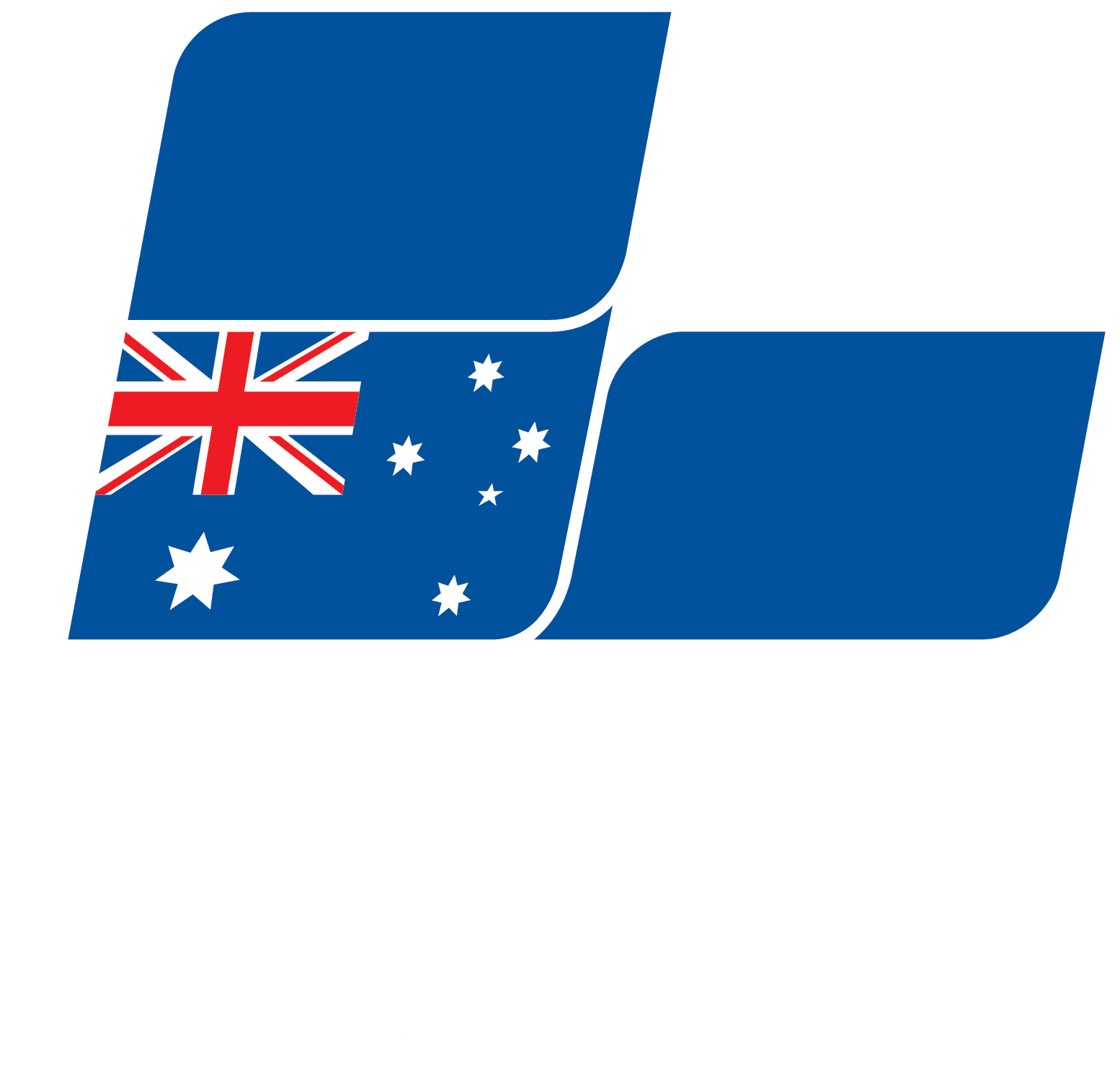Questions Without Notice: Take Note Of Answers: Australian Human Rights Commission
Senator REYNOLDS (Western Australia) (15:07): I also rise to take note. What we have just heard from Senator Cameron is exactly what has been wrong with this whole debate and what happens when you play the men and not the issues at hand. First of all, I would like to correct his statement that the bovver boys of Bjelke-Peterson were unleashed. In case he has not noticed, in my case he has the wrong sex, the wrong state and the wrong era. That aside, let’s get on to the facts.
The DEPUTY PRESIDENT: Order! Senator Reynolds, resume your seat for a moment, please. Senator Cameron on a point of order.
Senator Ian Macdonald: There’s no point of order. Sit him down. The DEPUTY PRESIDENT: I am entitled to hear what the point— Senator Ian Macdonald interjecting—
The DEPUTY PRESIDENT: Senator Macdonald, you are not in the chair. I do not need your assistance. Senator Cameron has risen to raise a point of order and I will hear it.
Senator CAMERON: Thanks, Deputy President. I apologise if I did not include the senator in the bovver-boy attacks. You are not the same sex, but if you want to be a bovver boy or a bovver girl, that is okay.
The DEPUTY PRESIDENT: Senator Cameron, that is not a point of order.
Senator Ian Macdonald interjecting—
The DEPUTY PRESIDENT: And thank you for your assistance, Senator Macdonald, but it is not necessary.
Senator REYNOLDS: Instead of playing the men, the hypocrisy in what I just heard from those opposite is breathtaking. On the one hand they are saying that the government and the Attorney-General are besmirching the reputation of the President of the Human Rights Commission simply because she is a woman, but, in the same breath, they are absolutely besmirching the reputation of the secretary of the Attorney-General’s Department, who is a man of total integrity and respect.
If that is not enough, this morning I was delighted to rise and speak in support of the Attorney-General on the censure motion. What I pointed out are the very uncomfortable truths for those opposite. I went to the hearings last week, with the Human Rights Commissioner and commission staff, wanting the answers to two very simple questions, I thought, that had not been clear. The first was: when did they decide to have this inquiry? As I said previously, I came out with four distinctly separate answers over the space of 12 months. That is not exactly the clarity you would expect from those who were giving evidence. Then, as to why they decided to have the inquiry, there were seven separate answers and at least four contradictory answers were on the same page of Hansard. So the two key questions that I think every taxpayer, not just those in government, deserves to have answered were not answered: when did they decide to hold the inquiry and why did they decide to hold it?
Somewhat amazingly, Human Rights Commission staff, including the president, raised two completely new and different reasons for holding the inquiry. There was a range of reasons in the testimony in November, there was the clarifying statement in December to clarify the November advice, and then the opening statement provided a number of reasons why the inquiry was held. Then, somewhat extraordinarily in evidence on the day, Operation Sovereign Borders popped up its head as a completely new reason for having the inquiry. It had never been mentioned before. Not only did Sovereign Borders come up but it changed four times: yes, it was; no, it was not; yes, it was; no, it was not; yes, it was. Almost all of those were in the course of one page of Hansard. There is the third question that now needs to be answered and was not answered in the seven hours of testimony.
Even more extraordinarily, in my mind, is that not only did Operation Sovereign Borders poke its head up but the issue was initially raised by the president that it was Operation Sovereign Borders that resulted in the drying up of information to the commission. Guess what? That evidence changed seven times as well, by my count, over the course of the testimony from the Human Rights Commission. Not only did it change but it transpired that there was drying up of information from Sovereign Borders and then there was not; then it went back to the caretaker period, then it went back to before the caretaker period, then it went back to Sovereign Borders and then it went back to the caretaker period—back and forth in the course of a single day of testimony.
So, by my reckoning, instead of having two key questions to answer—why was it called and when was called— we now have two whole new questions to pursue. Nothing would give me greater pleasure than, when the Human Rights Commission reappears before the estimates committee, us getting very simple and very clear answers to those questions. Until we get those answers, it is not a matter of playing the commission or the commissioner. This is a taxpayer funded organisation and there are many things the commission could have inquired into regarding the human rights of Australians. We have review on at the moment of young people in nursing homes, domestic violence and why— (Time expired)


